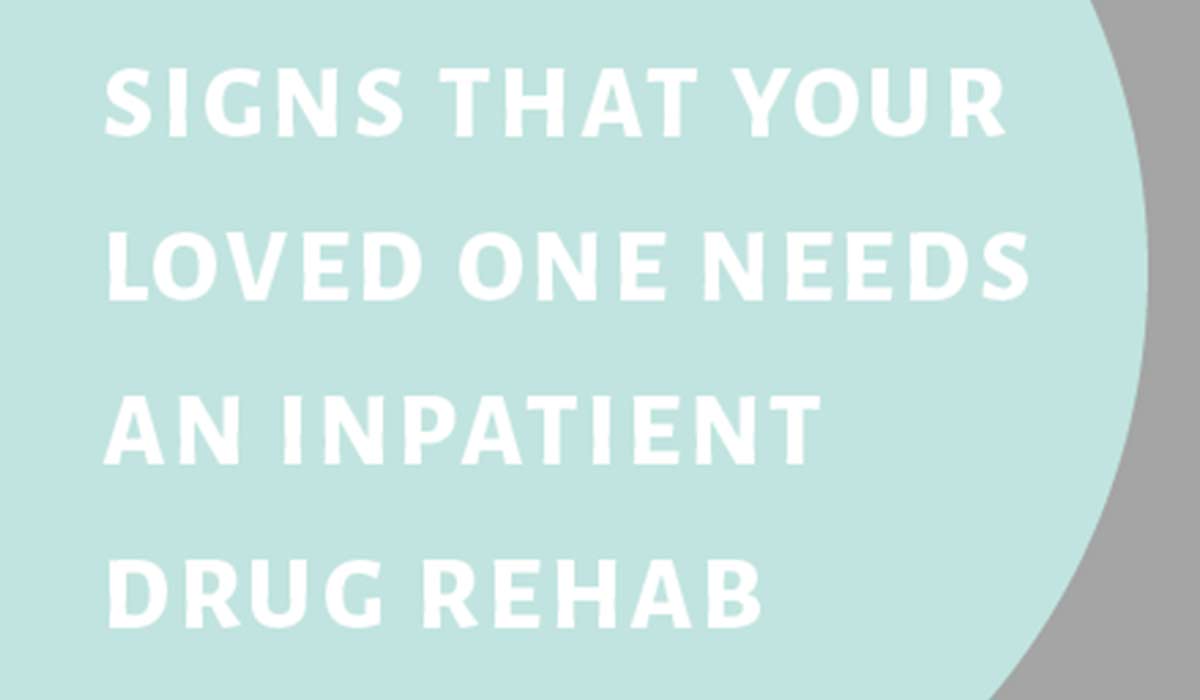Why Aftercare In Drug Rehabilitation Is Essential For Long-Term Recuperation. Learn How Support Group Can Assist You Remain Sober And Construct A Fulfilling Life
Why Aftercare In Drug Rehabilitation Is Essential For Long-Term Recuperation. Learn How Support Group Can Assist You Remain Sober And Construct A Fulfilling Life
Blog Article
https://pastelink.net/7az7704x Written By-Brodersen Ogle
You can't do it alone. Recuperation from drug dependency calls for a strong support system.
The importance of aftercare in drug rehab can not be overstated. In this short article, we will certainly check out the duty of therapy, the benefits of therapy, and the foundation supplied by peer support groups in maintaining sobriety.
So, get a cup of coffee, unwind, and let us guide you with the important steps of post-rehabilitation assistance.
The Role of Therapy in Aftercare
If you wish to preserve your soberness after leaving rehabilitation, it's essential that you continue taking part in therapy sessions as part of your aftercare plan.
Counseling plays an important function in your recuperation trip by offering recurring assistance, guidance, and a safe room to share your feelings and problems.
Through therapy, you can resolve any kind of underlying issues that may have added to your addiction, establish dealing methods, and find out healthier means to handle stress and cravings.
It allows you to overcome any kind of unsettled feelings and establish a far better understanding of yourself and your triggers.
The Advantages of Treatment in Preserving Soberness
To maintain your soberness, treatment can provide countless advantages.
- Treatment uses a risk-free space for you to check out and deal with the underlying issues that might have contributed to your dependency.
- It permits you to work through your feelings and establish much healthier means of taking care of tension and causes.
- With treatment, you can acquire a much better understanding of yourself and your patterns of habits, which can aid you make positive changes in your life.
- Furthermore, therapy gives you with a support group of specialists that are educated to guide and help you on your journey to recuperation.
- They can provide useful insights, tools, and strategies to aid you navigate the challenges that might develop.
- In treatment, you can learn to create healthy coping skills, develop durability, and improve your overall well-being.
Peer Support Groups: A Foundation for Lasting Recuperation
You can discover long-term healing by actively participating in peer support groups and getting in touch with others that share similar experiences and objectives.
Peer support groups offer a risk-free and non-judgmental space where individuals in recuperation can come together to share their struggles, successes, and understandings. By proactively participating in these teams, you can receive the assistance and motivation you require to stay on the course of recuperation.
Connecting with others who have actually undergone comparable experiences can be extremely empowering, as it aids you recognize that you aren't alone in your journey. It likewise enables you to gain from others that've efficiently gotten over comparable challenges. Together, you can commemorate landmarks, hold each other liable, and offer advice and advice.
Through these links, you can develop a solid support system that will help you navigate the ups and downs of recuperation and eventually discover long lasting recovery and change.
Verdict
You have actually discovered the important duty of aftercare in drug rehab. Therapy, therapy, and peer support system add to lasting recovery. https://www.thv11.com/article/news/health/therapists-benefits-psychedelics-mental-ailments/91-a383d7af-82d2-48b8-b36b-3aa46e1bd9c7 's a staggering figure to grasp the size of the concern: researches reveal that individuals who obtain aftercare treatment are 50% more likely to maintain sobriety compared to those that do not.
So, envision the transformative power of these support systems in assisting individuals recover their lives and construct a brighter, drug-free future.
